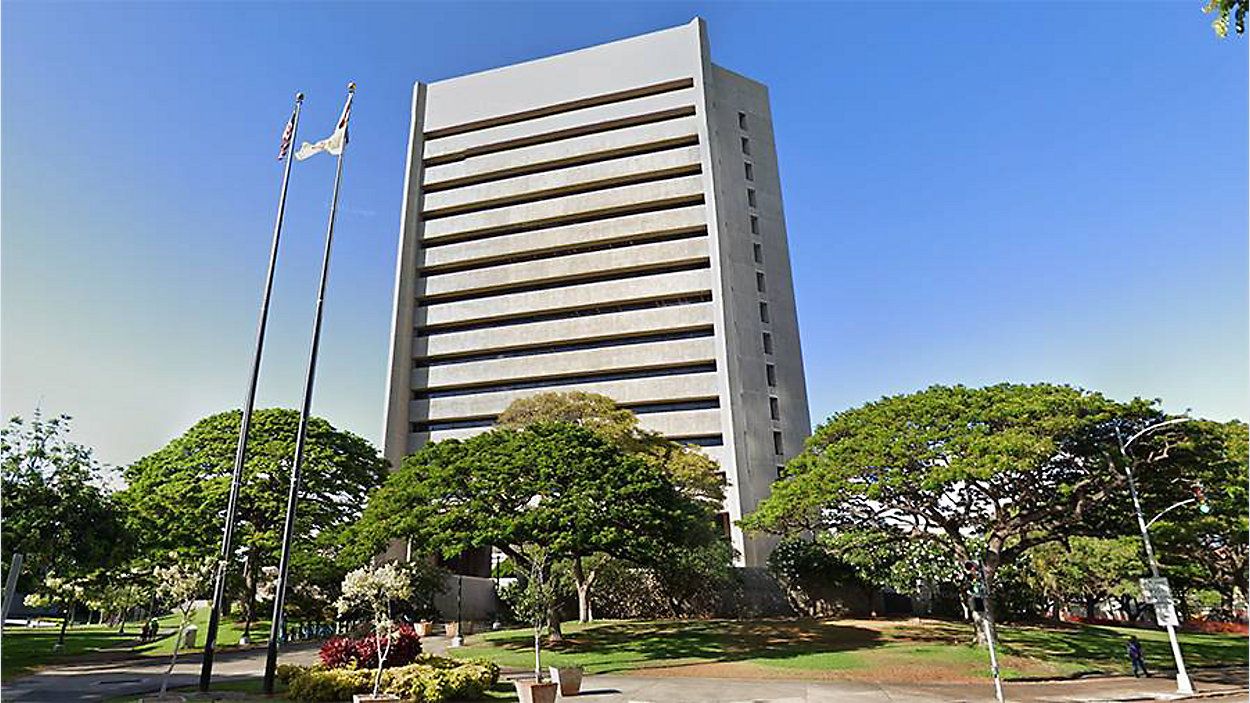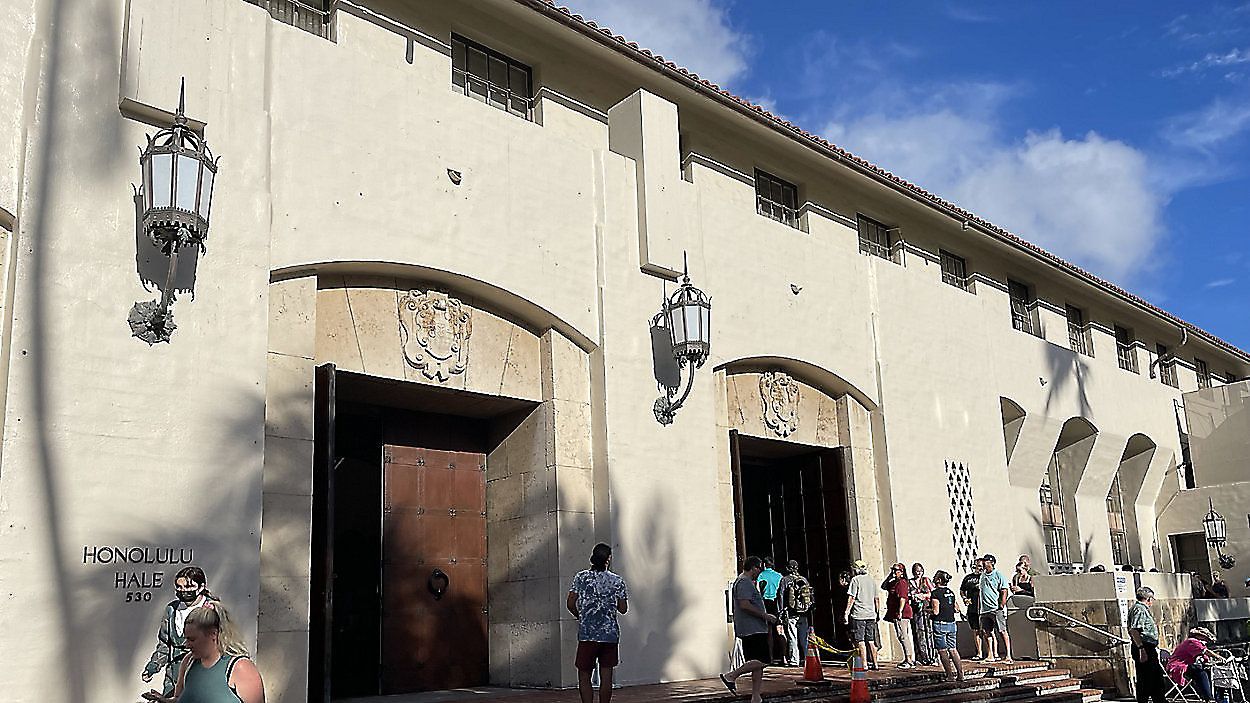HONOLULU — The Department of Planning and Permitting has launched a trio of technological initiatives to make its oft-criticized permitting process more streamlined and efficient.
The new systems will provide greater automation, transparency and guidance, according to a DPP release issued on Wednesday.
The department has adopted Clariti’s Community Development Software as its new permit management system, replacing the 26-year-old Posse system. The switch, administered by Speridian Technologies, will result in a fully digital permitting process the department said will ultimately provide “modern web-based customer portals, integrated land management tools, robust mobile applications, intuitive reporting and workflow features.”
Implementation began in February and is expected to take 18 months to complete. The $5.6 million cost of the project is being covered by federal Fiscal Recovery Funds money.
“With Clariti, the DPP will centralize its permitting, inspections, planning and code compliance processes onto one easy-to-use platform,” said DPP director Dawn Takeuchi Apuna. “Applicants will be able to apply and pay for a permit via a portal on our website, which will greatly improve the end-to-end user experience for our residents and staff.”
Once in place, the new system will allow DPP staff to create and edit workflows and reports without outside vendor support and improve the plan-review process via managed integration between Clariti and an updated ProjectDox system.
DPP began moving toward 100% electronic plan submissions via ProjectDox last July. The system, a product of software company Avolve, will receive major upgrades over the next six months as it moves from on-premise to cloud hosting, then introduces new features, including customizable project team access; auto-calculated time with jurisdiction (so applicants can see where their application is in the process); a download feature allowing comments and markups to be shared with designers prior to the end of a review cycle; and step-by-step task instructions.
The ProjectDox upgrade will cost $206,000, also paid with FRF funds.
Finally, DPP will wade further in artificial intelligence with the adoption of CivCheck software for its core code review phase. The department pre-screened the use of AI last year for potential use in streamlining its permitting process.
CivCheck’s Guided AI Plan Review platform uses proprietary AI technology to simplify code compliance and plan reviews for both permit applicants and governments. According to DPP, the result is a more rapid, accurate and predictable permitting process.
The department’s use of the software will focus on residential permits for new construction, alterations and additions. CivCheck is being introduced as a 4-month pilot project with no cost to the city.
“CivCheck will help fill the information gap between DPP and applicants so applicants fully understand what is expected in their plans, thereby elevating the quality of submissions and reducing the number of review cycles for fast, successful review and processing,” said Director Apuna. “This is a game-changer for permit review, and we are very excited about the promise of our partnership with CivCheck.”
Michael Tsai covers local and state politics for Spectrum News Hawaii. He can be reached at michael.tsai@charter.com.








